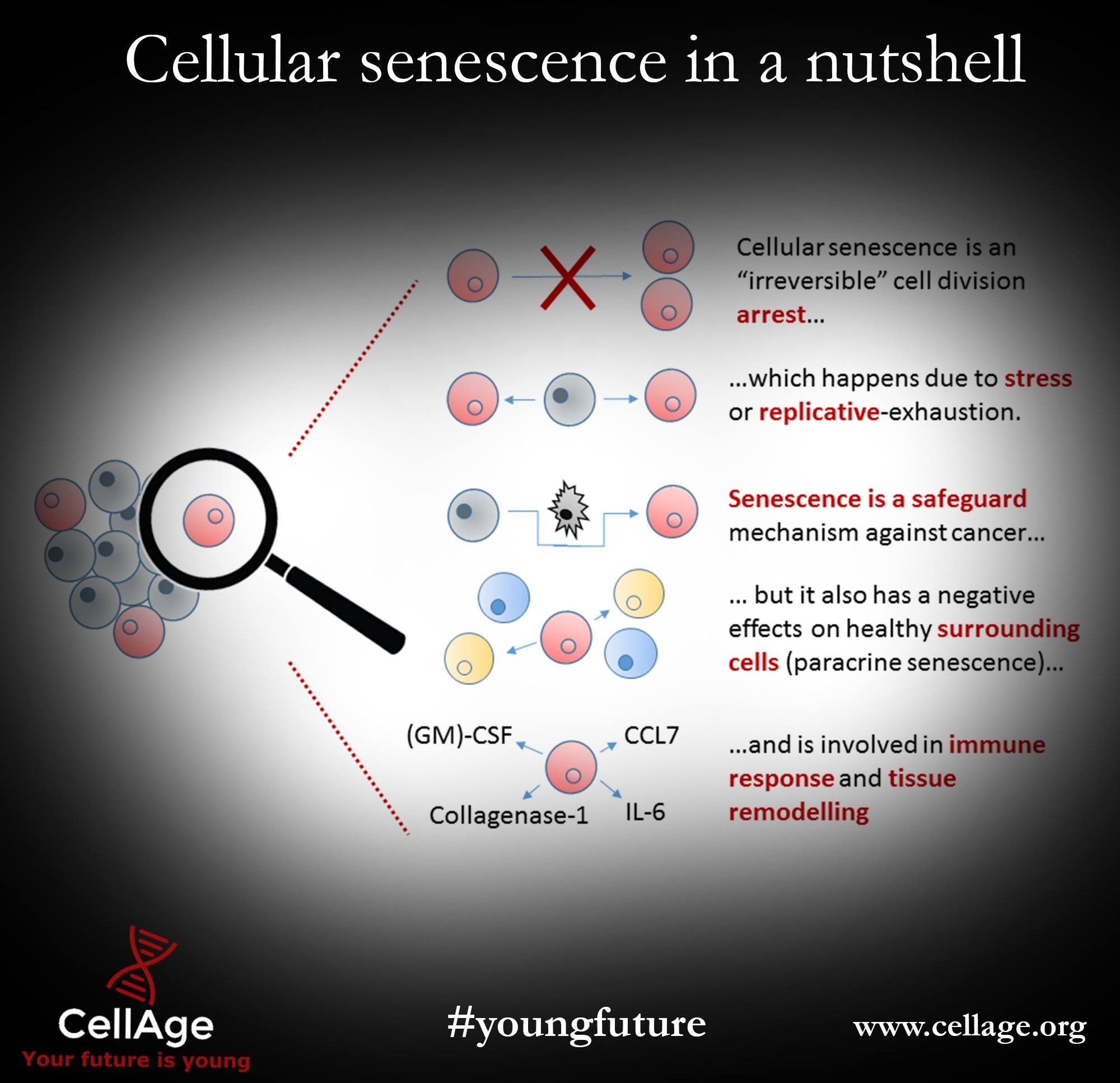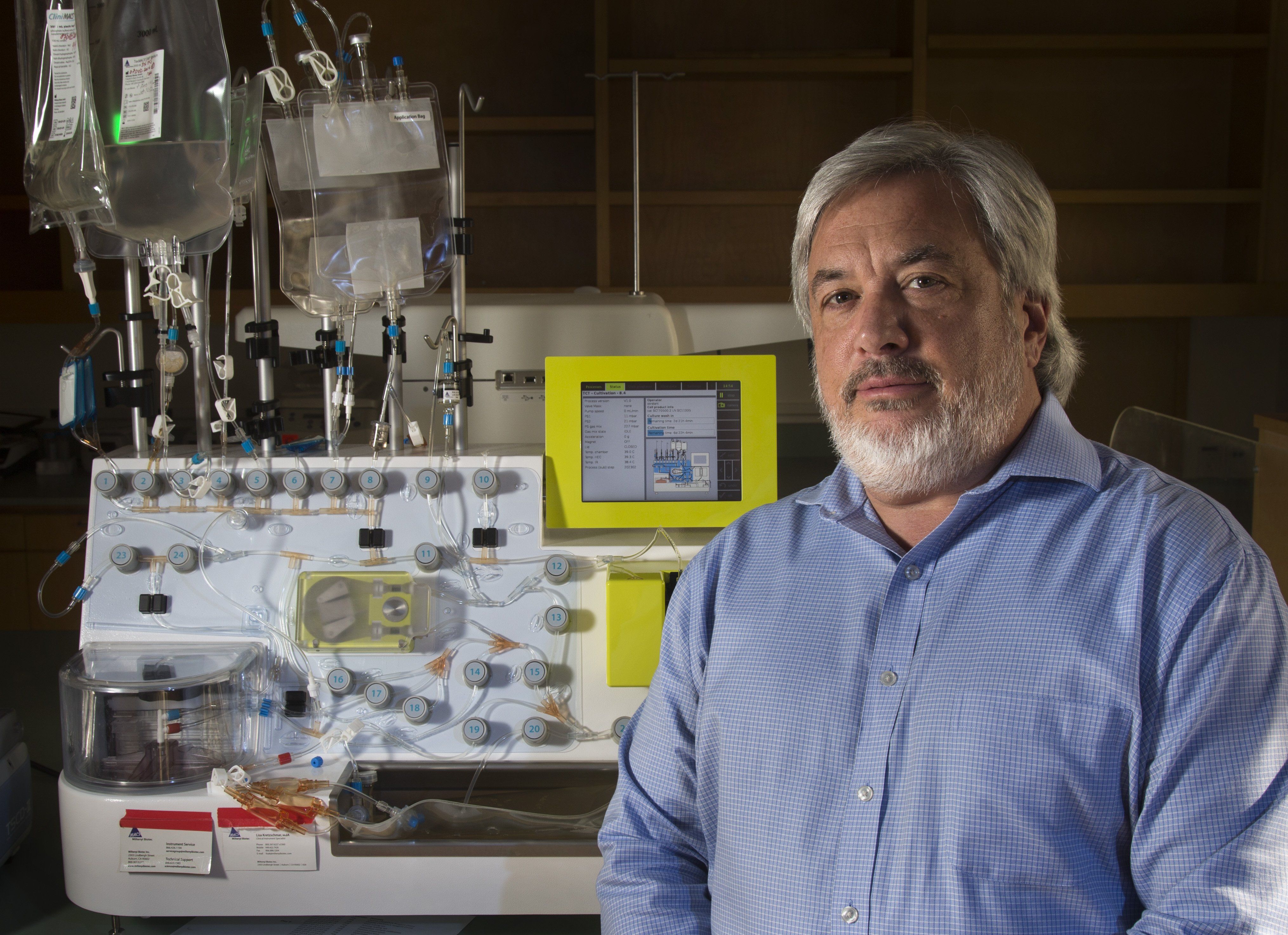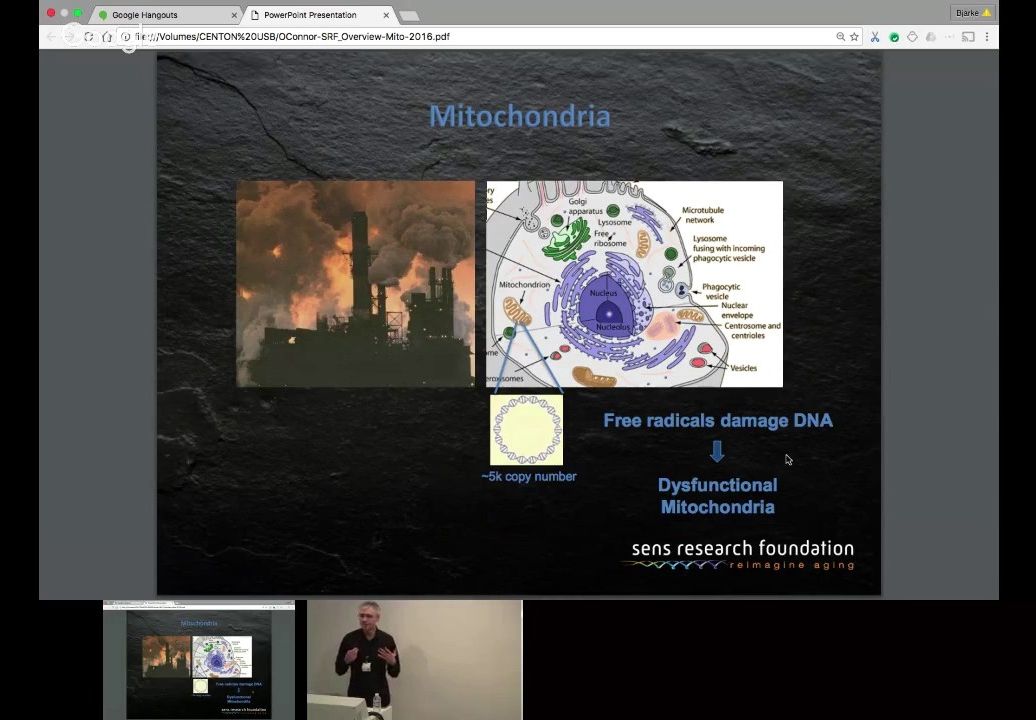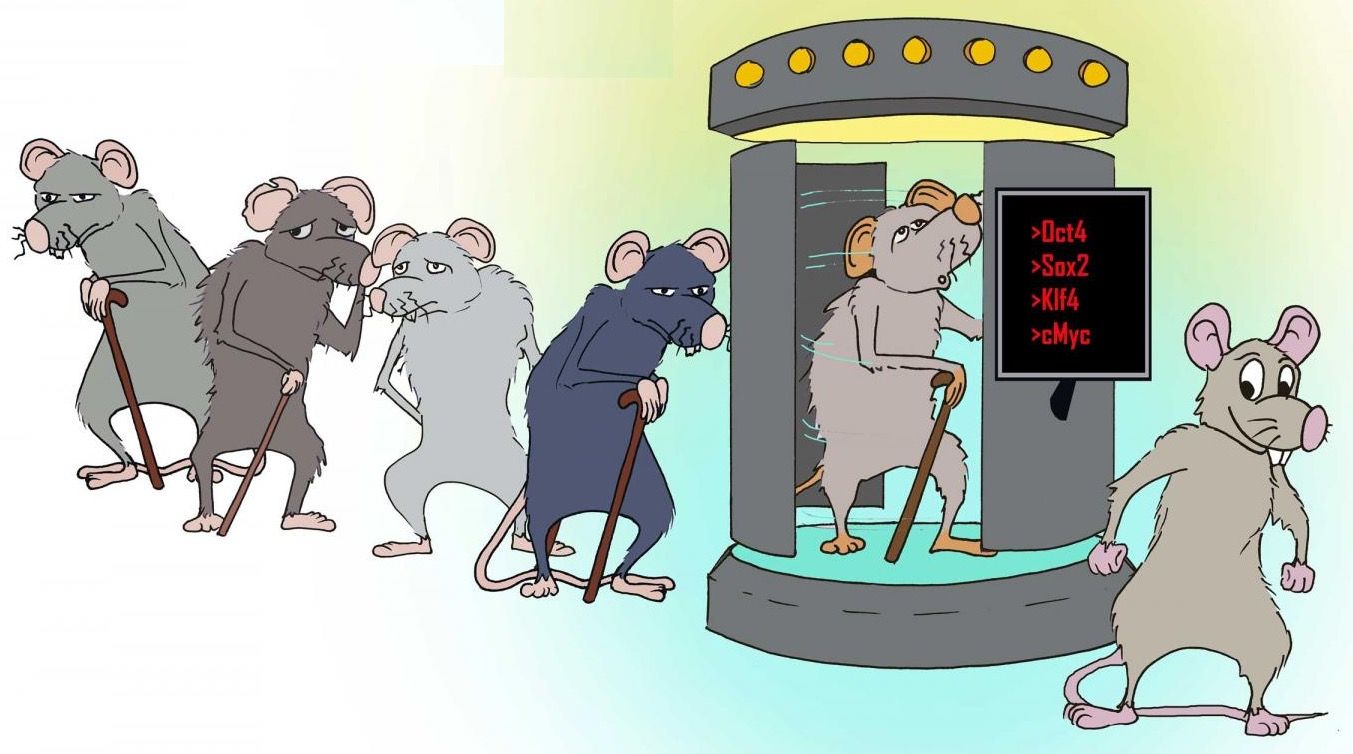Dec 22, 2016
Classifying Aging As a Disease: The Role of Microbes
Posted by Steve Hill in categories: biotech/medical, health, life extension
The body is under constant invasion by microbes so rejuvenation of the immune system and reduction of imflammation is a big priority for rejuvenation biotechnology.
Recent publications have proposed that aging should be classified as a disease (Bulterijs et al., 2015; Zhavoronkov and Bhullar, 2015; Zhavoronkov and Moskalev, 2016). The goal of this manuscript is not to dispute these claims, but rather to suggest that when classifying aging as a disease, it is important to include the contribution of microbes.
As recently as ~115 years ago, more than half of all deaths were caused by infectious diseases, including pneumonia, influenza, tuberculosis, gastrointestinal infections, and diphtheria (Jones et al., 2012). Since then, the establishment of public health departments that focused on improved sanitation and hygiene, and the introduction of antibiotics and vaccines allowed for a dramatic decrease in infectious disease-related mortality (Report, 1999). In 2010, the death rate for infectious diseases was reduced to 3% (Jones et al., 2012). Simultaneously, as infectious disease-related mortality rates have decreased, global lifespan has increased from ~30 to ~70 years (Riley, 2005).
Continue reading “Classifying Aging As a Disease: The Role of Microbes” »

















